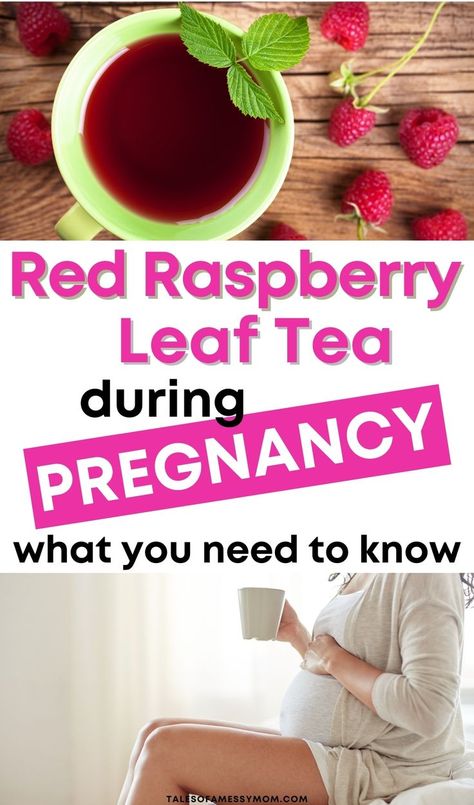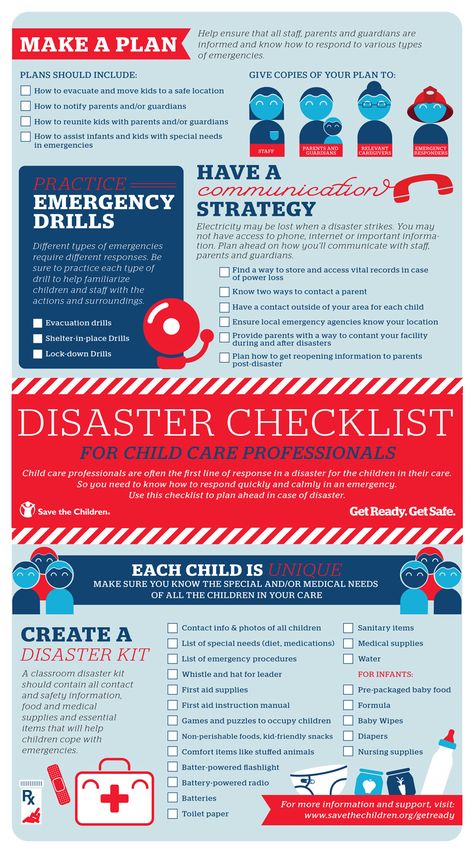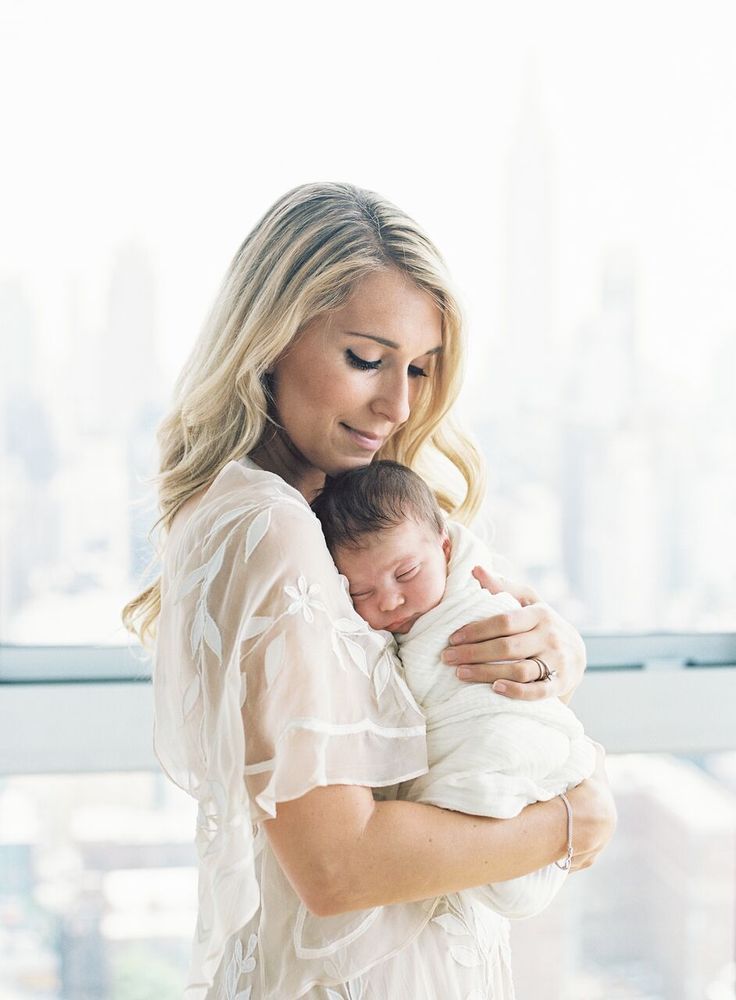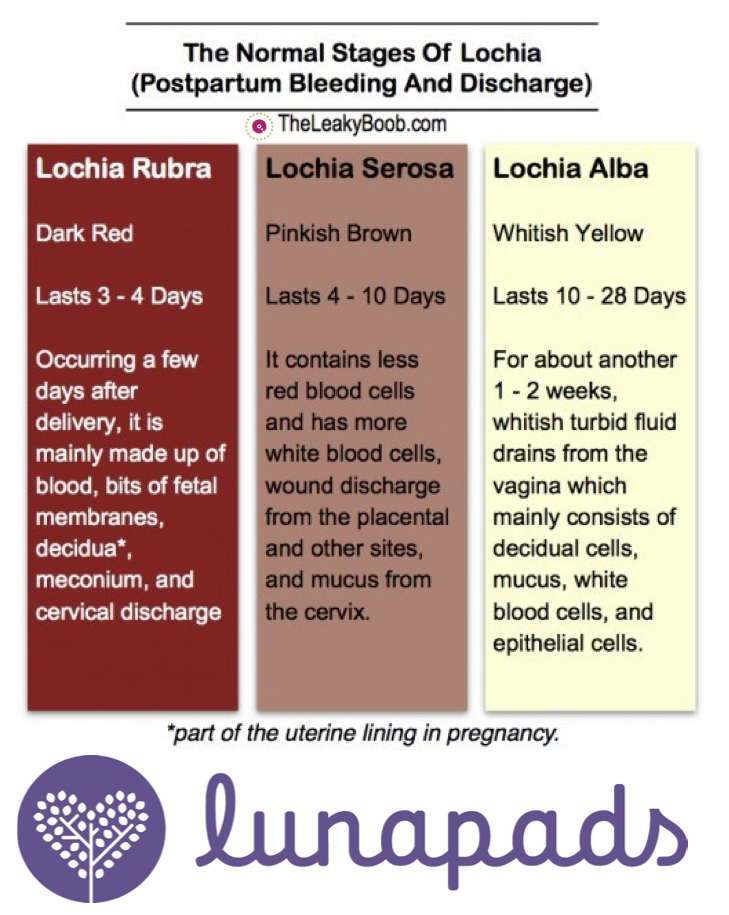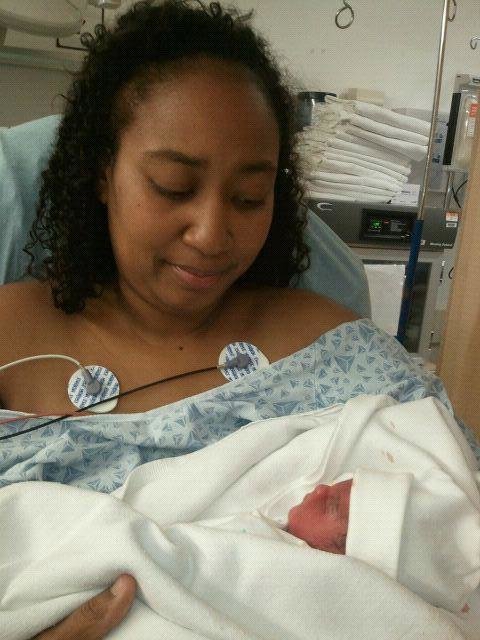How much tea is safe during pregnancy
Herbal teas during pregnancy and breastfeeding
Many women choose to drink herbal tea to help with annoying symptoms when they're pregnant or breastfeeding. Some herbal teas are safe to drink while you're pregnant or breastfeeding, as long as you limit it to 1 or 2 cups a day and check with your doctor or midwife first.
Are herbal teas safe during pregnancy and breastfeeding?
Even though herbal teas contain natural ingredients, that doesn’t mean they are necessarily safe. The amounts of substances they contain may vary, and they may also contain ingredients that aren’t listed on the label. These ingredients may pass on to your baby, or they may interfere with other medicines you are taking.
Like other complementary medicines, herbal teas are not studied scientifically like other medicines and they aren't regulated in Australia, so it’s good to use them with caution.
There are mixed opinions on the safety of herbal teas, for both pregnant and non-pregnant women.
Most commercial brands of herbal teas are thought to be safe for anyone to consume in reasonable amounts. The herbal teas that are considered unsafe are those that are not made commercially, those made with excessive amounts of herbs (amounts larger than those found in common foods or drinks), and those made with herbs that are known to be toxic.
It's always a good idea to talk to your doctor and midwife before you take any natural therapy, including herbal teas.
About herbal teas
Some teas claim to soothe an upset tummy, calm you down if you have anxiety, prepare your uterus for labour, or help you sleep. Some teas are prepared especially for pregnancy, and claim to help with complications like pre-eclampsia and prepare your body for labour.
Herbal teas are made from the roots, berries, flowers, seeds, and leaves of plants. Unlike black or green tea, they don’t contain caffeine. They can be bought from supermarkets and health food stores.
Drinking herbal tea safely during pregnancy and breastfeeding
The best advice is to only drink 1 or 2 cups of herbal tea a day.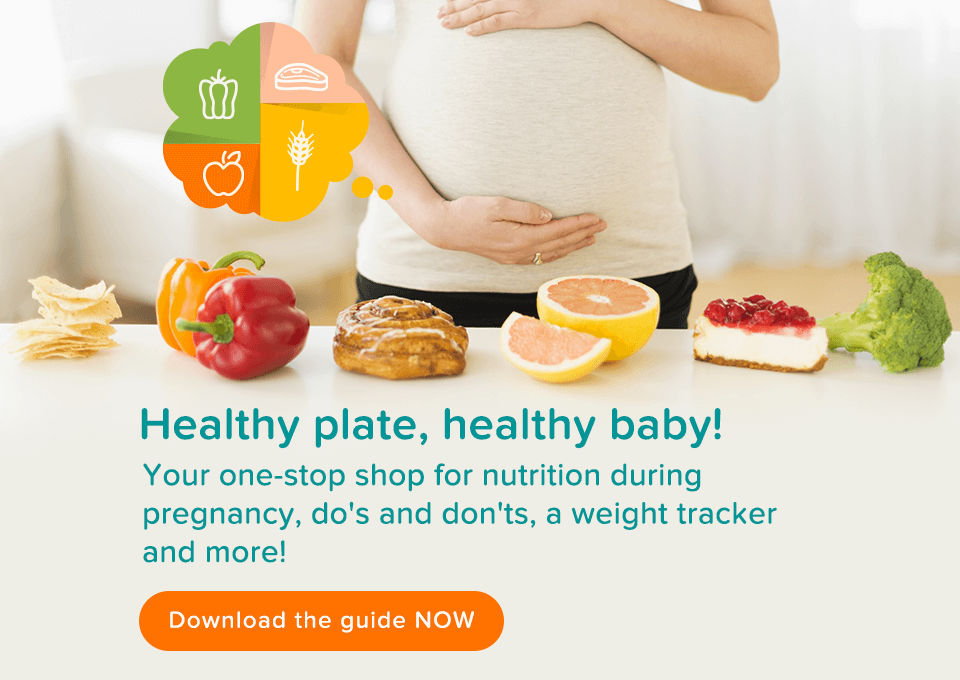 Different teas contain different ingredients, so mixing up the flavours and drinking different types of tea on different days will limit the substances that your baby is exposed to. Don't drink the same herbal tea continually throughout your pregnancy.
Different teas contain different ingredients, so mixing up the flavours and drinking different types of tea on different days will limit the substances that your baby is exposed to. Don't drink the same herbal tea continually throughout your pregnancy.
If you're breastfeeding, keep an eye on your baby for any unusual side effects. If you notice anything that worries you, talk to your doctor or maternal child health nurse.
It's always a good idea to check before you take any herbs while you're breastfeeding, especially if you are also taking prescription medicine.
Which herbal teas to choose during pregnancy and breastfeeding
As a general rule, choose teas that are made from fruits and herbs you would use in cooking. Never make your own herbal tea from plants you've collected while you're pregnant or breastfeeding.
Large amounts of some herbs may possibly start contractions and increase your risk of preterm labour, or they may affect your baby.
Likely or possibly safe herbal teas
Peppermint tea: Peppermint is one of the most commonly used herbal medicines in pregnancy. Studies have shown it doesn’t harm the mother or baby, although you should avoid very large amounts and avoid in the first trimester because it can promote menstruation.
Studies have shown it doesn’t harm the mother or baby, although you should avoid very large amounts and avoid in the first trimester because it can promote menstruation.
Red raspberry leaf tea: Some women drink raspberry tea during the last trimester to help them prepare for the birth. It should be safe in pregnancy, but some studies have shown it can stimulate contractions so it’s a good idea to be cautious during the first trimester.
Ginger tea: Ginger can help relieve nausea. It should be safe in moderation while you are pregnant or breastfeeding.
Green tea: Green tea isn't a true herbal tea. It contains caffeine, so you should limit how much you drink during pregnancy and breastfeeding.
Chamomile tea: A cup of chamomile tea before bed may relax you, but again, avoid drinking large quantities. There is a suggestion it could stimulate the uterus or lead to circulation problems in your baby.
Teas where there is insufficient information about safety
Rose hip tea: There isn't enough information on rose hip tea to know whether it's safe in pregnancy or breastfeeding.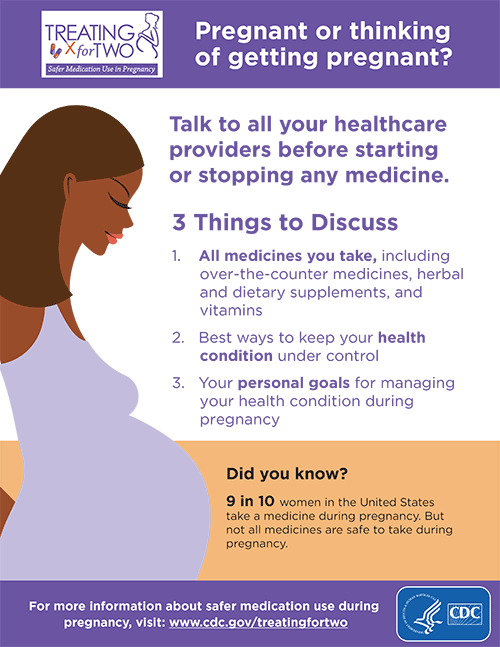
Dandelion tea: There isn't enough information on dandelion tea to know whether it's safe in pregnancy or breastfeeding.
Lemon balm: This tea is considered possibly safe and commonly used to relieve anxiety, irritability and insomnia. However, no study could be found to support these uses, and its safety hasn’t been studied in pregnancy
Which herbal teas to avoid during pregnancy and breastfeeding
Sage tea: It’s OK to use sage in cooking, but you should avoid sage in concentrated forms during pregnancy such as in teas. It’s been linked to miscarriage and high blood pressure.
Parsley tea: Avoid parsley tea during pregnancy. If you drink large amounts, it may increase your risk of miscarriage and affect how your baby develops.
Where to get more information
For information on prescription, over the counter and herbal medicines, call the NPS Medicines Line on 1300 MEDICINE (1300 633 424)
Call Pregnancy, Birth and Baby on 1800 882 436 to speak to a maternal child health nurse.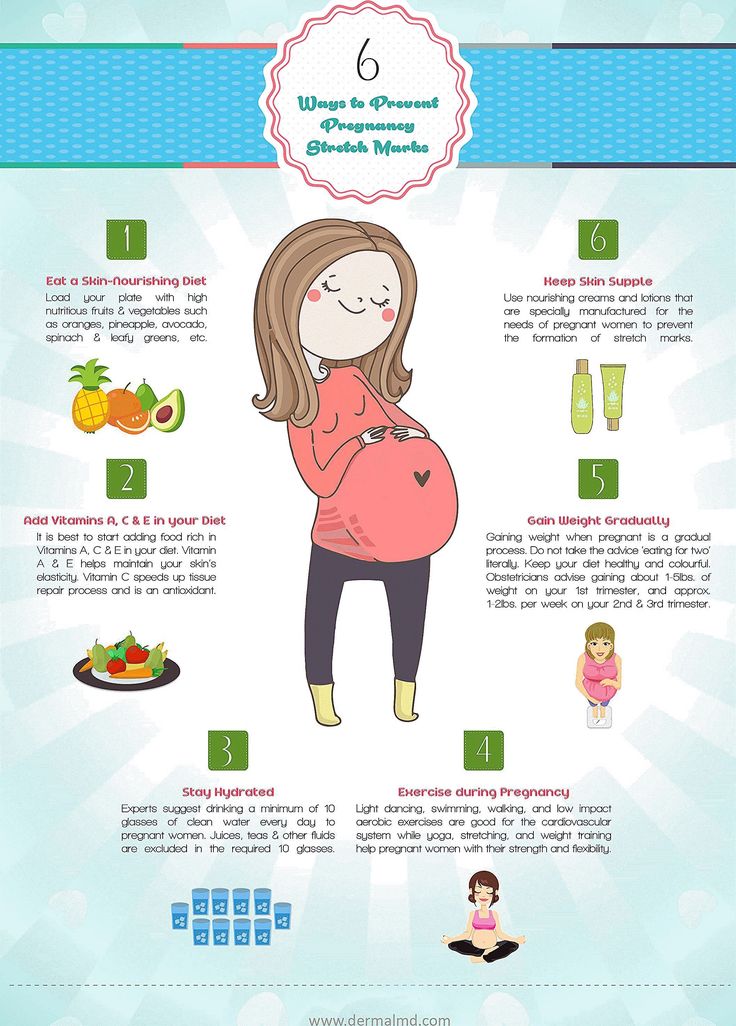
Learn more here about the development and quality assurance of healthdirect content.
What teas are safe to drink while pregnant?
- Pregnancy
- Diet & Fitness
By Hallie Levine
|
|
June 8, 2021
Black, white, and green teas in moderation are safe during pregnancy. They contain caffeine, so be mindful of how much you sip to stay under the recommended limit for pregnancy. Use caution with herbal teas, which aren't FDA regulated. Ginger tea and peppermint tea are considered safe, but some other herbal teas have been linked to pregnancy complications. Talk to your healthcare provider before you brew to make sure your favorite teas are safe for both you and your baby.
Photo credit: istock.com / STEEX
- Can pregnant women drink tea?
- Is it safe to drink herbal tea during pregnancy?
- What teas are safe to drink while pregnant?
- Teas to avoid during pregnancy
- What about herbal teas made for pregnancy?
Can pregnant women drink tea?
Yes, drinking tea while pregnant is safe as long as you take some precautions. It's important to remember that black, green, and white teas all contain caffeine, and it can be easy to overdo that. The American College of Obstetricians and Gynecologists (ACOG) advises pregnant women to limit their caffeine intake to less than 200 milligrams per day. A cup of black tea has almost 50 milligrams, while a cup of green tea has about 25.
It's important to remember that black, green, and white teas all contain caffeine, and it can be easy to overdo that. The American College of Obstetricians and Gynecologists (ACOG) advises pregnant women to limit their caffeine intake to less than 200 milligrams per day. A cup of black tea has almost 50 milligrams, while a cup of green tea has about 25.
Herbal teas – despite having a health halo – aren't always safe for pregnancy. So, before you drink tea, be sure to calculate its caffeine content, and run any herbal teas by your healthcare provider.
There are many reasons why you may want to reach for a cup (or two) of tea during pregnancy. It's a soothing way to stay hydrated, and tea itself is chock full of antioxidants that can help boost your immune system and even fight off cancer and heart disease.
Black tea is a good substitute for your morning coffee, especially if you're watching your caffeine, and if it's sugar that you're craving, some herbal teas may hit that sweet spot.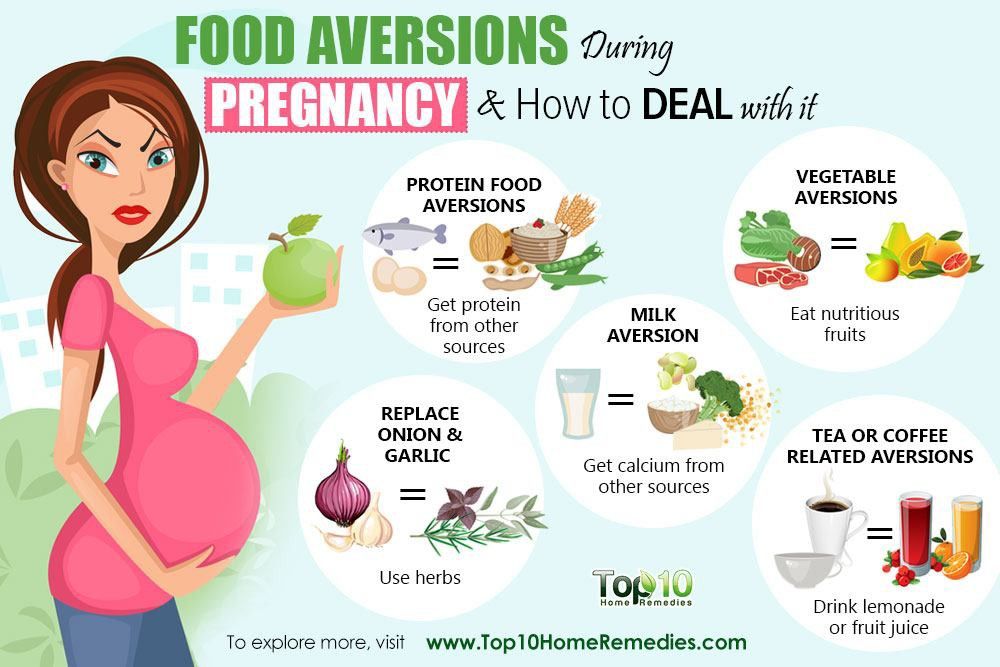 There are many drinks you're advised to avoid during pregnancy – anything with alcohol or too much caffeine – so a cup of tea can be a good alternative.
There are many drinks you're advised to avoid during pregnancy – anything with alcohol or too much caffeine – so a cup of tea can be a good alternative.
Is it safe to drink herbal tea during pregnancy?
Some herbal teas are safe for pregnancy, and some aren't. Herbal supplements – which include teas – aren't regulated by the Food and Drug Administration (FDA). Only a few of the herbs used in teas have been studied in pregnant women.
Teas made from herbs like peppermint and ginger are considered safe to drink in moderation while you're pregnant or nursing. Just keep in mind that these herbs are more concentrated in teas than in food, so drinking them in excess may be harmful even if eating them isn't. That's why it's best to check with your provider before drinking any kind of herbal tea during your pregnancy.
What teas are safe to drink while pregnant?
The following teas are considered safe in moderation during pregnancy:
Ginger tea: Ginger is commonly used to ease morning sickness during pregnancy, and studies have shown it's safe and effective for this purpose. But there's also some evidence that it may negatively affect fetal sex hormones and increase the risk of vaginal bleeding during pregnancy. So before you drink ginger tea, discuss its benefits and risks with your healthcare provider.
But there's also some evidence that it may negatively affect fetal sex hormones and increase the risk of vaginal bleeding during pregnancy. So before you drink ginger tea, discuss its benefits and risks with your healthcare provider.
Peppermint tea: Peppermint tea is often used to calm an upset tummy during pregnancy, and it's considered safe. Be aware that it may not help with morning sickness: one study found peppermint oil aromatherapy, for example, didn't work any better to treat nausea and vomiting in the first half of pregnancy than a placebo. Peppermint tea has also been linked to heartburn, which is already very common in pregnant women.
Green tea: Green teas, including trendy matcha teas, are considered safe to drink during pregnancy. They're also much lower in caffeine than coffee – about 25 grams a cup versus 100 grams. Limit yourself to less than three cups of green tea a day, though. Green tea is high in catechins, substances which can prevent your cells from fully absorbing folic acid. Your body needs plenty of folic acid during pregnancy to help prevent neural tube defects.
Your body needs plenty of folic acid during pregnancy to help prevent neural tube defects.
Black or white teas: these popular forms of tea, like green tea, are considered safe to drink during pregnancy. Just remember not to overdo it, as four cups of black tea, for example, will get you to your daily 200 mg caffeine quotient. Iced tea is often made from black tea, so keep that in mind as a source of caffeine.
Teas to avoid during pregnancy
Before pregnancy, you may have sipped a cup of chamomile tea to help you nod off. During pregnancy, it's not a good idea. Studies show that if you drink chamomile tea regularly, you may have a higher risk of miscarriage, preterm labor, or low birth weight.
Other herbal teas to avoid if you're pregnant or nursing include:
- Alfalfa
- Black cohosh
- Blue cohosh
- Comfrey
- Dong quai
- Ephedra (called ma huang in traditional Chinese medicine and banned in the United States since 2004)
- European mistletoe
- Goldenseal
- Hibiscus
- Horehound
- Kava
- Labrador
- Lemongrass
- Licorice root
- Mugwort
- Nettle leaf (also called stinging nettle leaf)
- Passion flower
- Pennyroyal
- Rosemary
- Sage
- Sassafras
- Saw palmetto
- Vetiver
- Yarrow
- Yerba mate
This isn't a complete list, so always ask your provider whether a particular herb is safe to consume during pregnancy. Note: You can still eat food containing some of these herbs, like rosemary and sage, because the amounts used in food are generally much smaller than those used in tea – and not as potent. (The brewing process for making tea concentrates the chemicals in the herbs.)
Note: You can still eat food containing some of these herbs, like rosemary and sage, because the amounts used in food are generally much smaller than those used in tea – and not as potent. (The brewing process for making tea concentrates the chemicals in the herbs.)
What about herbal teas made for pregnancy?
The same cautions apply to teas made specifically for pregnant women and sold in supermarkets and health food stores. Although the makers of pregnancy teas promote their products as healthy for expectant moms, no clinical studies support these claims, and the safety of the ingredients isn't regulated.
Pregnancy teas usually include ingredients such as alfalfa, fennel seed, lemongrass leaf, lemon verbena, nettle leaf, red raspberry leaf, rose hips, and strawberry leaf. Not all these are safe to take during pregnancy. For example, nettle leaf (also known as stinging nettle leaf) stimulates the uterus and can cause miscarriage. Some midwives use raspberry leaf (also known as red raspberry leaf) to aid delivery, but its effectiveness hasn't been proven.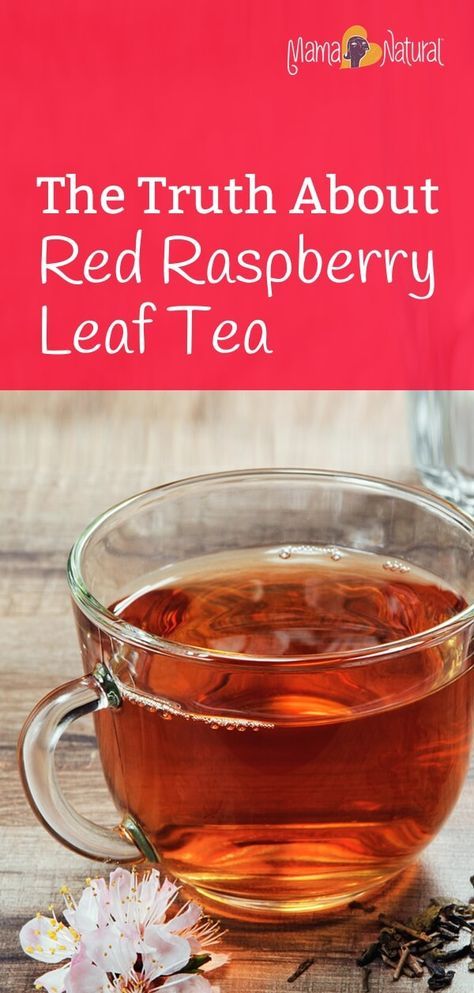 It should be used only in late pregnancy under the supervision of a healthcare professional.
It should be used only in late pregnancy under the supervision of a healthcare professional.
Sources
BabyCenter's editorial team is committed to providing the most helpful and trustworthy pregnancy and parenting information in the world. When creating and updating content, we rely on credible sources: respected health organizations, professional groups of doctors and other experts, and published studies in peer-reviewed journals. We believe you should always know the source of the information you're seeing. Learn more about our editorial and medical review policies.
Cuzzolin L, et al. 2010. Use of herbal products among 392 Italian pregnant women: focus on pregnancy outcome. Pharmacoepidemiology and Drug Safety 19(11):1151-8. https://pubmed.ncbi.nlm.nih.gov/20872924/ [Accessed June 2021]
Heitmann K, et al. 2013. Safety of ginger use in pregnancy: results from a large population-based cohort study. European Journal of Clinical Pharmacology 69(2):269-77. https://pubmed.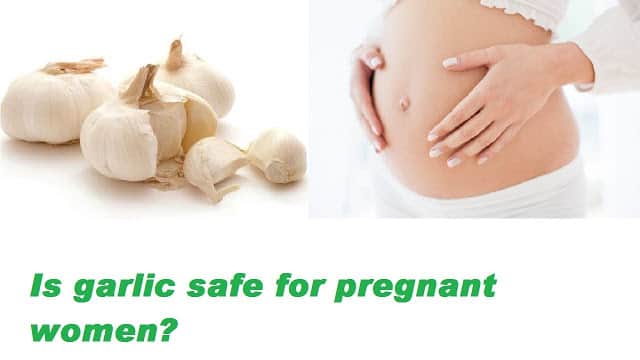 ncbi.nlm.nih.gov/22706624/ [Accessed June 2021]
ncbi.nlm.nih.gov/22706624/ [Accessed June 2021]
Tiran D. 2012. Ginger to reduce nausea and vomiting in pregnancy: evidence of effectiveness is not the same as proof of safety. Complementary Therapies in Clinical Practice 18(1):22-5. https://pubmed.ncbi.nlm.nih.gov/22196569/ [Accessed June 2021]
UpToDate. May 2021. Treatment and outcome of nausea and vomiting of pregnancy. https://www.uptodate.com/contents/nausea-and-vomiting-of-pregnancy-treatment-and-outcome [Accessed June 2021]
Penn Medicine. December 2019. The Hidden Health Benefits of Tea. https://www.pennmedicine.org/updates/blogs/health-and-wellness/2019/december/health-benefits-of-tea [Accessed June 2021]
American College of Obstetricians and Gynecologists. 2020. Moderate Caffeine Consumption During Pregnancy. https://www.acog.org/clinical/clinical-guidance/committee-opinion/articles/2010/08/moderate-caffeine-consumption-during-pregnancy [Accessed June 2021]
Medeniyet Medical Journal. February 2020. Frequently Used Herbal Teas During Pregnancy - Short Update.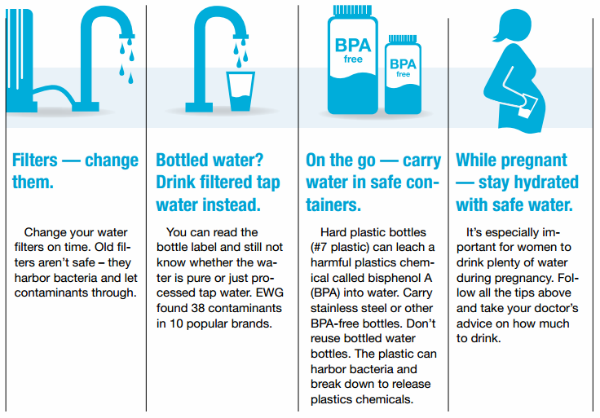 https://www.ncbi.nlm.nih.gov/pmc/articles/PMC7384490/#r34. [Accessed June 2021]
https://www.ncbi.nlm.nih.gov/pmc/articles/PMC7384490/#r34. [Accessed June 2021]
Przeglad Gastroenterology. October 2014. Risk factors for gastroesophageal reflux disease: the role of diet. https://www.ncbi.nlm.nih.gov/pmc/articles/PMC4223119/. [Accessed June 2021]
MotherToBaby. March 2018. Should Pregnant Women Get the Green Light to Drink Green Tea? https://mothertobaby.org/baby-blog/should-pregnant-women-get-the-green-light-to-drink-green-tea/ [Accessed June 2021]
Balbontin, YM, et al. 2019. Herbal Medicinal Product Use During Pregnancy and the Postnatal Period. Obstetrics and Gynecology 133(5): 920-32 https://www.ncbi.nlm.nih.gov/pmc/articles/PMC6485309/ [Accessed June 2021]
Show more
advertisement | page continues below
advertisement
Featured video
All pregnancy, parenting, and birth videos >
90,000 tea recommendations for expectant mothers-DW-18.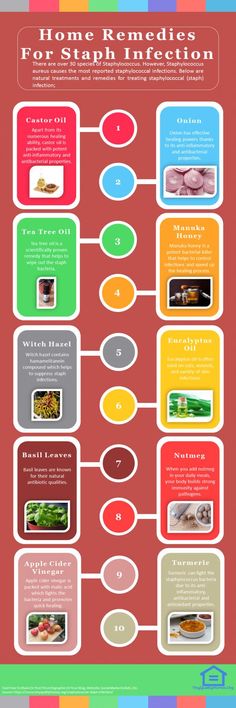 11.2018
11.2018 Photo: Picture-alliance/Phane
Culture
Inga
November 18, 2018 9000,0002 A fragrant tea cup not only quenches thirsty but also helps to relax. What types of tea and types of medicinal herbs do experts from Germany recommend for pregnant women?
https://p.dw.com/p/36mWr
Advertising
Contrary to popular belief that pregnant women should eat and drink " for two " , experienced doctors and midwives advise otherwise. According to gynecologist Christian Windelen from Cologne, one and a half to two liters of fluid a day is enough. It is better to drink boiled water, berry, fruit juices and drinks, various teas.
But tea is different for tea, so the choice of a healing drink should be treated very carefully. A detailed study of the use of herbs for the prevention and treatment of various diseases is carried out by a special area of medicine - herbal medicine. Unfortunately, it is quite difficult to thoroughly study the effect of herbal drinks on the body of pregnant women for ethical reasons, the German gynecologist explains.
Unfortunately, it is quite difficult to thoroughly study the effect of herbal drinks on the body of pregnant women for ethical reasons, the German gynecologist explains.
However, based on years of observation, doctors recommend certain types of herbs during pregnancy. Moreover, herbal infusions can and should be used as a medicine, emphasizes Christian Vindelen. But black or green tea should not be carried away. The reason lies in theine, the so-called tea caffeine. With excessive use, it, like caffeine, can provoke a slowdown in intrauterine development of the fetus.
During pregnancy, no more than three cups a day
Based on the latest research on the benefits and harms of caffeine for pregnant women, the German Nutrition Society (Deutsche Gesellschaft für Ernährung) recommendations suggest limiting the invigorating drink to three cups ( black, green tea or coffee) per day.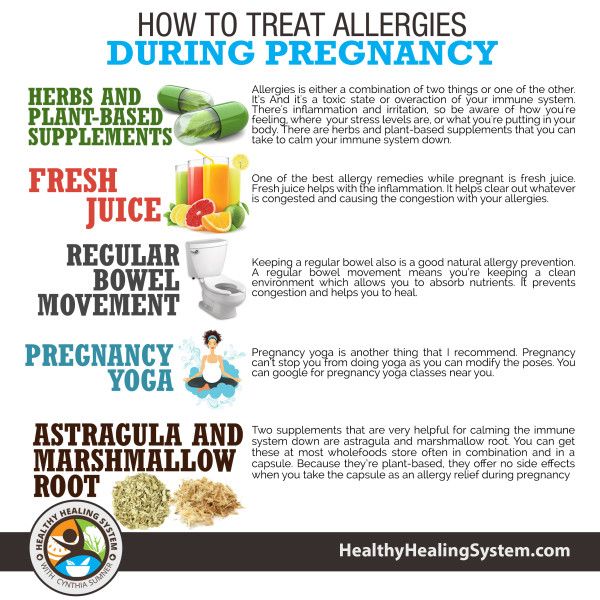 Christian Vindelen advises his patients during pregnancy to replace black tea with herbal infusions that can have a similar invigorating effect - for example, rooibos.
Christian Vindelen advises his patients during pregnancy to replace black tea with herbal infusions that can have a similar invigorating effect - for example, rooibos.
Midwife Martina Höfel from Minden has been advising expectant mothers for many years. Her favorite is herbal infusion made from raspberry and blackberry leaves. Tea has a mild stimulating effect on the walls of the uterus. It is better to drink it warm, not hot, starting from the 37th week of pregnancy, and no more than three cups a day.
Don't get carried away with such favorite herbal teas in Germany as mint, hibiscus or ginger root. All of them can contribute to premature uterine contractions, explains Martina Höfel. Drinks from plants with pronounced abortive properties should be completely excluded. These include verbena, rosemary, parsley, calendula, oregano, sage. It is better to refuse from such herbs widely used in folk medicine as St.
The best recipe - variety
Linda von Glahn, consultant of the UGB Healthy Food Association in Berlin, believes that the secret to the correct use of herbal drinks during pregnancy is simple: they need to be rotated more often.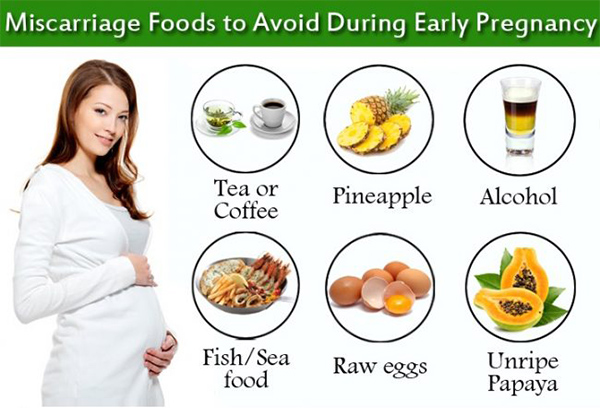 The recipe is not new at all, but effective. An ecotrophologist and expert in baby and pregnancy nutrition offers a range of well-known and undeniably useful plants to choose from.
The recipe is not new at all, but effective. An ecotrophologist and expert in baby and pregnancy nutrition offers a range of well-known and undeniably useful plants to choose from.
These include, for example, fennel, chamomile, lavender and lemon balm, which have a beneficial effect on the functioning of the gastrointestinal tract. Chamomile and lavender have bactericidal and anti-inflammatory properties, help to relax. After a cup of this tea, it is easier and faster to fall asleep.
Rosehip decoction - a healthy drink for expectant mothers Photo: imago/imagebroker/Kröger Rosehip decoction, like various fruit teas, is rich in vitamins and minerals. Freshly brewed infusions of fruits and berries strengthen the immune system. But the absolute favorite of ecotrophologist Linda von Glahn is rooibos (rooibos) tea. A drink made from the leaves of an African bush contains an impressive amount of antioxidants and various minerals. It is able to weaken the action of the stress hormone cortisol and positively influence the work of the happiness hormone serotonin.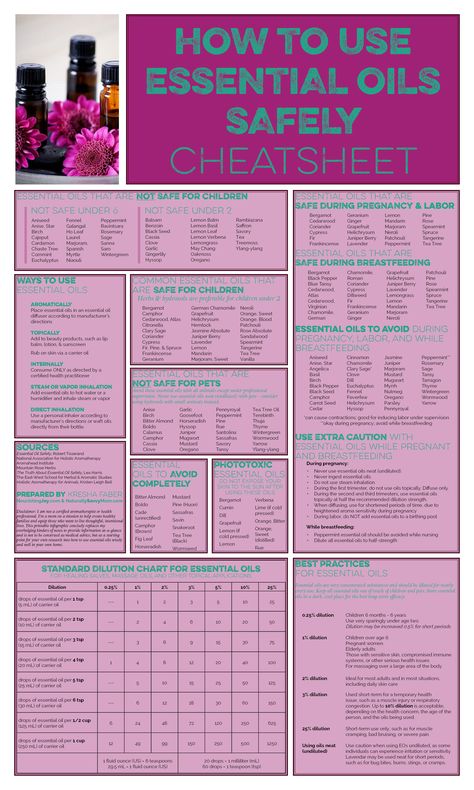 This is a real elixir of good mood, emphasizes Linda von Glahn. The Berlin expert once again reminds: infusions and herbal teas are medicines that should be used in moderation and better after consultation with an expert.
This is a real elixir of good mood, emphasizes Linda von Glahn. The Berlin expert once again reminds: infusions and herbal teas are medicines that should be used in moderation and better after consultation with an expert.
See also:
10 things that affect your health
Pregnancy advice
Advertisement
Skip Section More RelatedMore Related
View More
Skip Section Top Topic1 Page of 3
Skip Section Other Posts DWHomepage
Is it possible to drink tea during pregnancy and which varieties to pay special attention to - an article on the TCHK
During pregnancy, women have many questions about what they can and cannot do. Including many, it is important to know how to build their relationship with tea during an interesting situation.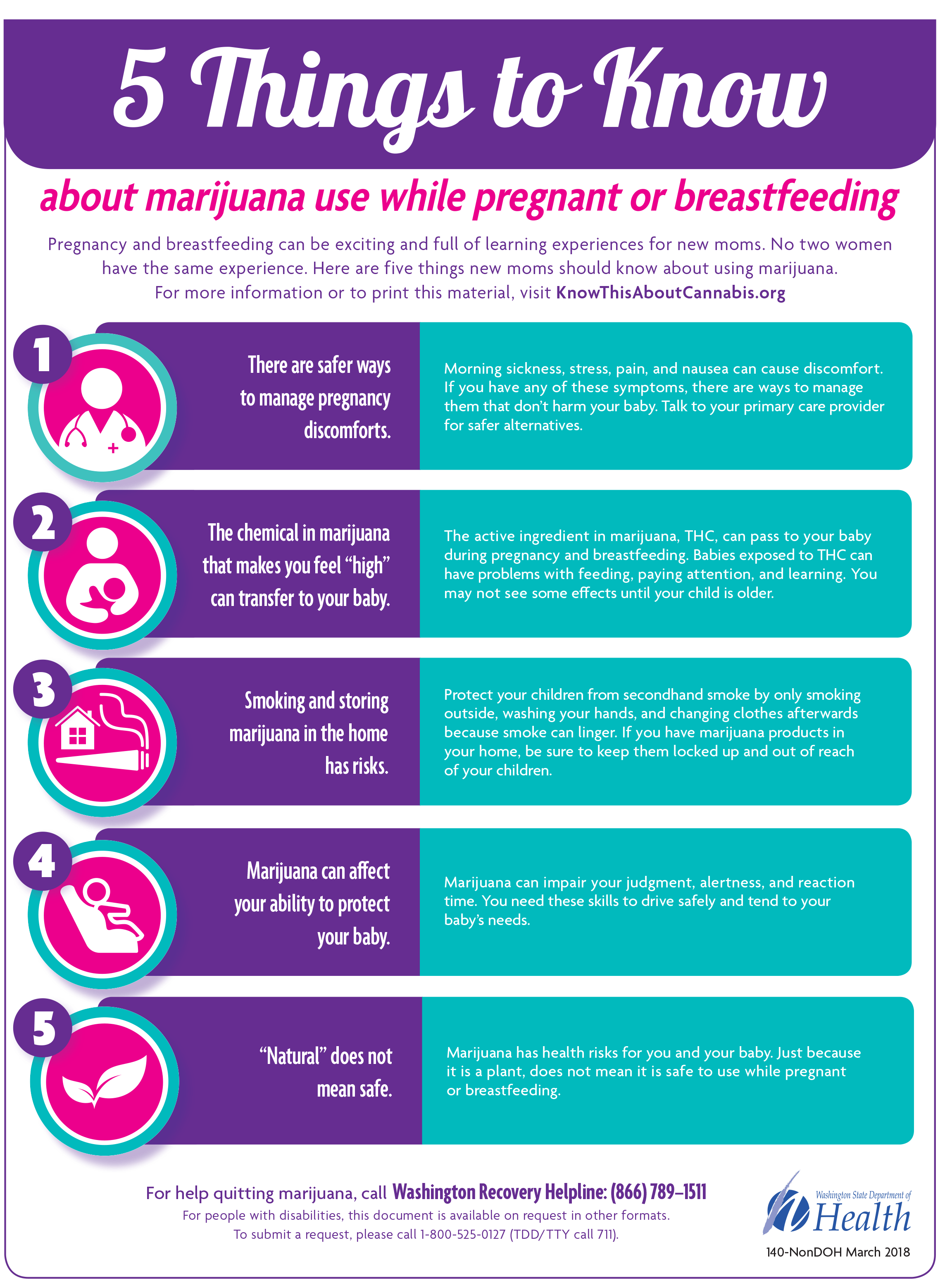 What is the best tea for pregnant women? How much and when? In this article, we have collected all the most important information regarding this issue.
What is the best tea for pregnant women? How much and when? In this article, we have collected all the most important information regarding this issue.
Classic tea during pregnancy (black, green, pu-erh, etc.)
If you like to drink black tea, during pregnancy you should remember that this drink contains caffeine, and the norm of this substance for a pregnant woman is 200-300 mg per day. Of course, no one carries a special tea calculator in their pocket, and calculating exactly how much caffeine you get with each cup is quite difficult. That is why it is better to brew black tea weakly (by pouring for 10-15 seconds) or diluted with more water (if you prefer this method of preparation).
The same rules apply to those who like to drink green tea, as well as white, yellow, oolong and pu-erh. There is no less caffeine in these types of tea than in classic black (and even more in matcha). General medical advice for healthy women comes down to the advice not to drink more than 3 cups of regular tea made from the leaves of the tea bush.
Caffeine can easily cross the placenta and the baby's immature liver has difficulty breaking it down. Thus, infants are more likely to experience side effects from amounts of caffeine that would be considered safe for adults.
It is important to remember that caffeine is also found in many carbonated drinks, chocolate, cocoa and coffee itself. Therefore, when measuring for yourself the allowable amount of tea, consider other products that you consume per day.
Pregnancy tisanes
If you can give up traditional tea without loss of quality of life and mood, look at other types of drinks.
The undisputed leader in this hit parade is rooibos - tisane, which does not contain caffeine and is allowed for both pregnant and lactating women, as well as children. Hibiscus, kuqiao, anchan and ivan tea are also considered safe, but, like any herbal drinks, these tisanes should be alternated without getting carried away by any one type.
Herbal teas for pregnant women (herbal teas)
Although it is commonly believed that herbal teas are more beneficial for pregnant women than classic ones, this is actually a very controversial issue. As with the traditional tea leaf, a pregnant woman should use any herbal drink in moderation, as even the safest plants in large quantities can harm the baby.
As with the traditional tea leaf, a pregnant woman should use any herbal drink in moderation, as even the safest plants in large quantities can harm the baby.
The most useful herbal tea for pregnant women
You may be surprised, but this tea is made from raspberry leaves. Medical studies have shown that red raspberry leaf can be safely consumed during pregnancy. Many midwives and herbalists believe that regular consumption of raspberry leaf tea can help prevent pregnancy complications such as preeclampsia, preterm labor, prolonged labor and postpartum hemorrhage, as well as reduce the duration of labor and the number of interventions used, including caesarean section. . In addition, raspberry leaf helps prevent too early or too late delivery.
Teas for toxemia
For many women in early pregnancy (and sometimes longer) it is very important to find their own way to cope with nausea caused by toxemia. Properly selected tea can be a good way to solve this problem.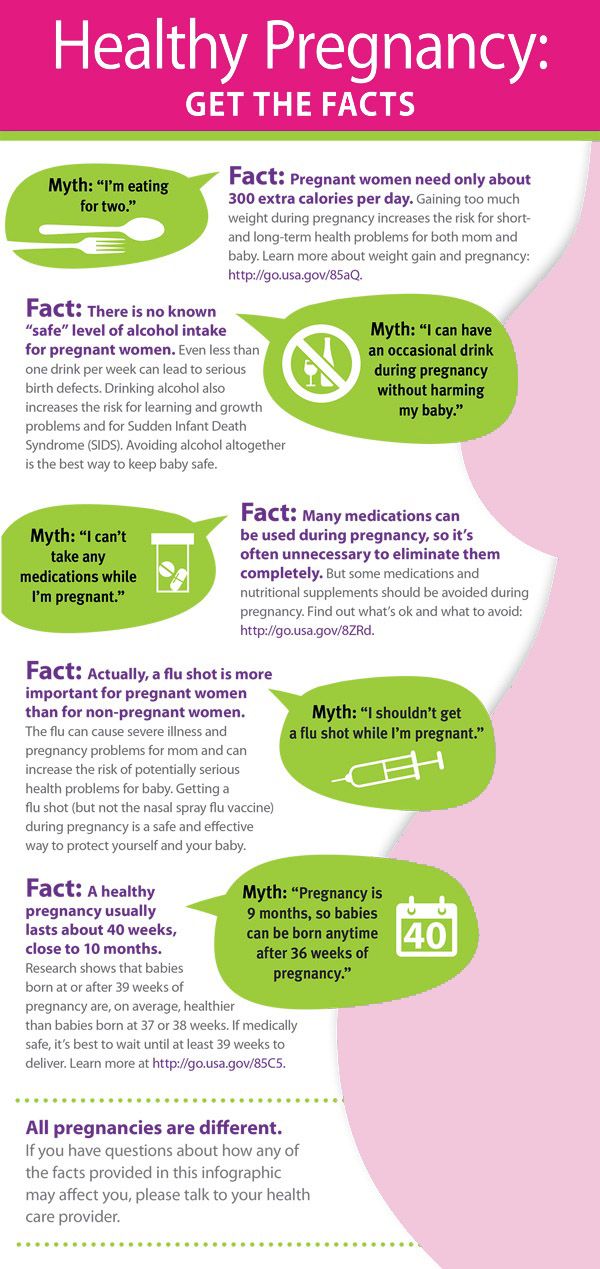
Tea with mint
The fresh cool aroma of mint becomes a real salvation for many pregnant women during toxicosis - the essential oils of this plant can alleviate the symptoms of the disease. Not recommended in the first trimester.
Ginger tea
Ginger root helps to relieve nausea and vomiting, and is also considered the first aid in toxicosis. Use with caution if you have stomach problems.
Chamomile tea
Chamomile tea is also good for women suffering from toxicosis, and in addition, it has a positive effect on the nervous system and helps with thrush. Despite the fact that it is considered useful for pregnant women, you should not get carried away with it - an overdose can have an abortive effect.
Healthy supplements for tea
It is very important for a pregnant woman to get the maximum amount of nutrients per day (without fanaticism, of course). That is why adding a little honey, berries or fruits to your tea can be a good idea.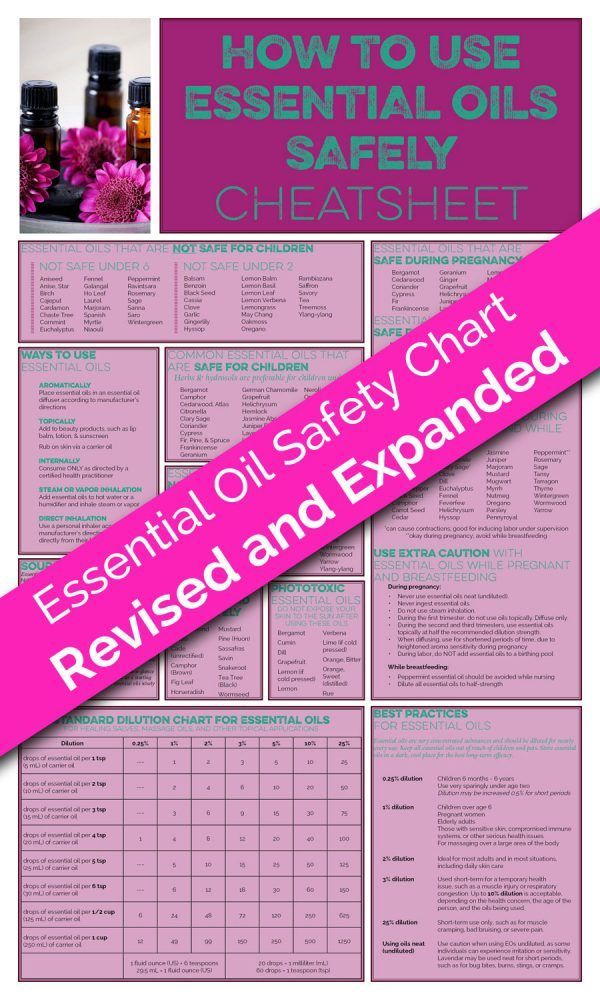
Tea with lemon
This tea is worth drinking to prevent the symptoms of toxicosis and overall strengthening of the immune system. Not recommended if a woman has stomach problems (gastritis, heartburn, etc.).
Tea with honey
A spoon of honey will always make your drink better and healthier (at least if you are not allergic to honey components). It is a good source of antioxidants, natural prebiotic and antibacterial.
Tea with berries
Raspberries, cranberries, sea buckthorn, currants, strawberries - you can continue this list according to your taste. By adding berries to tea, you enrich it with vitamins, minerals and antioxidants.
ginseng
celandine
sagan-daile
These plants have abortive properties or can harm the child (delayed development, risk of intrauterine defects).
*This article summarizes the best studies of evidence-based medicine over the years.